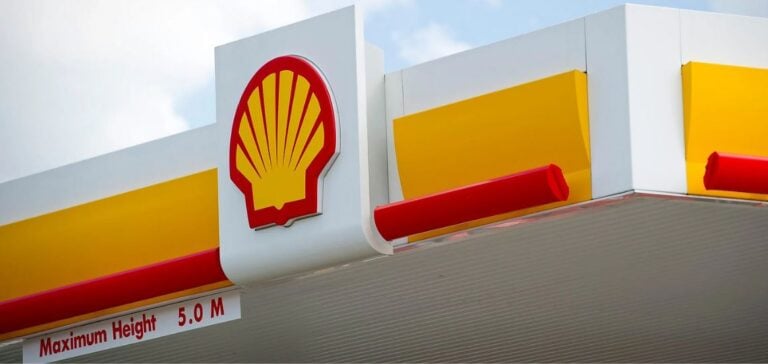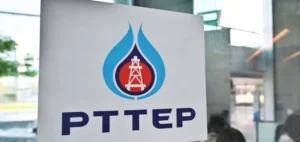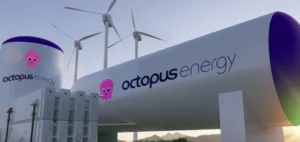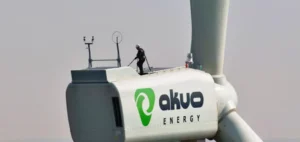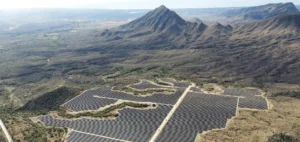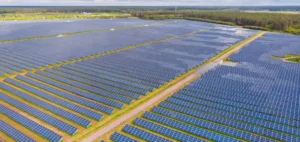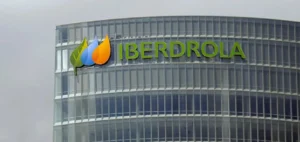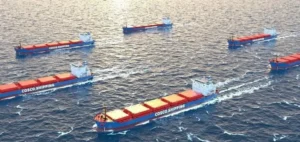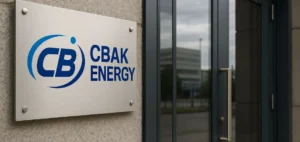Shell recently modified its carbon intensity reduction targets, opting for a 15-20% reduction by 2030 compared to 2016, against an initial more ambitious target. This decision prompted a wave of criticism from environmental organizations. The latter see the readjustment as a step backwards in the face of climate emergencies, pointing to a potential discrepancy between the company’s public declarations and its concrete actions. In addition, the company had already come under fire following the announcement in 2022 of record remuneration for Shell’s ex-CEO, Ben van Beurden.
Analysis of Ecologist Reactions
Reactions from environmental groups, including Follow This, point to a perceived downgrading of Shell’s climate ambitions. Critics argue that, despite a significant reduction in methane emissions and announced investments in low-carbon energies, the adjustment of carbon intensity targets signals a weakening of the company’s environmental commitment.
Technical implications of adjustments
At the heart of the criticism, the adjustment of Shell’s carbon intensity targets can be analyzed through the prism of the technical and operational challenges of the energy transition. Critics argue that, although Shell emphasizes a quality rather than volume strategy in its electricity sales, this change could slow the shift to cleaner energy sources. What’s more, the emphasis on LNG as a transitional alternative is viewed with skepticism by environmental organizations, which favor direct investment in renewable energies.
Shell meets sustainability expectations
An analysis of environmental criticism reveals a growing tension between societal expectations of sustainability and the strategies of major energy companies. Shell’s ability to navigate this complex landscape is crucial, not only for its own energy transition but also for its reputation and alignment with global climate goals. In this sense, environmental organizations play a watchdog role with regard to companies’ commitments and actions on the environmental scene.
Shell’s revision of its carbon intensity targets, and the reaction it has provoked among environmentalists, underlines the importance of a transparent and ambitious approach in the fight against climate change. These criticisms call for a constant reassessment of corporate environmental strategies, with a view to a coherent and effective energy transition.

